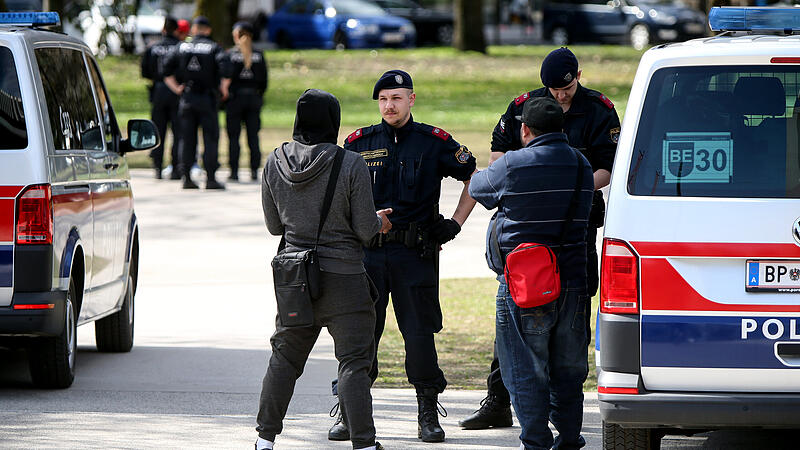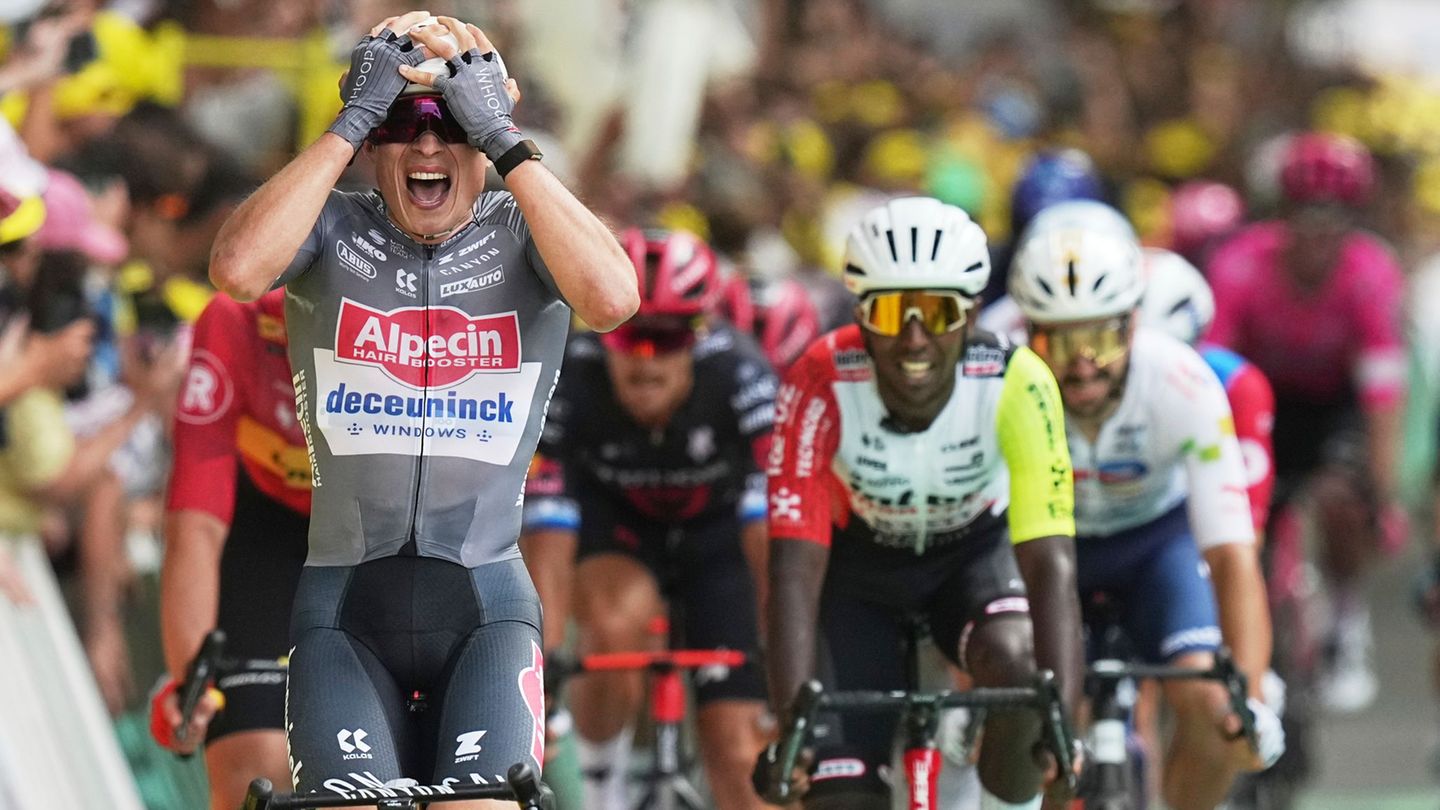Image: VOLKER Weihbold
Just a few years ago, the street trade in narcotics was largely in the hands of dealers from West African countries. In the past five years, however, these have largely been supplanted by drug dealers from the Western Balkans.
Anyone who was traveling from Floridsdorf with the U6 or the express train towards the city center until shortly before the beginning of the pandemic saw the street vendors, who mostly came from Nigeria, every day, regardless of the time: five to six men, spread over two wagons, who apparently haphazardly driving back and forth, looking out for drug investigators and “checking” drugs, i.e. selling them to those taking them. In fact, for several years this picture has hardly been noticeable. This was also confirmed by Colonel Wolfgang Preiszler, head of the task force to combat street crime (EGS) of the Vienna police, in an interview with the Austria Press Agency.
“According to our observations, certain parts of the public network are still dominated by dealers of African descent, admittedly to a lesser extent than was already the case,” said the investigator. This scene is visible around the Schnellbahn between Wien Mitte and Matzleinsdorfer Platz or along tram lines 6 and 18 between Margaretengurtel and Matzleinsdorfer Platz or along the U6 between the Jägerstraße and Michelbeuern stations with a focus on the Nußdorfer Straße station. According to Preiszler, it is striking that small amounts of narcotic drugs, especially cocaine, are given to addicts. A typical amount is 0.2 grams, the price is low, as is the quality.
Lots of hotspots
At other hotspots of the street vending scene, the perpetrators from West African countries have been pushed into the background by groups originating from Balkan countries and by North African groups. The former felt the “medicine” that they had administered themselves in the late 1990s and early 2000s. “If you want to take over a drug market, you have to do something with the quality of the drug or with the price – or with both,” explained the EGS boss.
The dealers, who mainly come from Nigeria, took over the street business in Vienna on a large scale more than 20 years ago. The groups of dealers who previously – like today – came from the Balkans or Turkey were pushed out because they sold drugs of inferior quality. Ultimately, the takeover of the Vienna market also led to the founding of EGS: “Back then, we counted 114 different dealers at the same time on Schwedenplatz in one day,” said Preiszler.
Easy to recognize
The West African criminal groups also had the advantage of being easily recognizable for the addicts, which in turn caused major problems for the community from the sub-Saharan countries living in Vienna. It happened repeatedly that they had to flee from addicts who mistook them for dealers. Apart from all the other problems – for example with the police – this could also quickly become dangerous if, for example, drug addicts believed that the alleged dealer did not want to sell them any substance, or if the addicts harbored robbery intentions in the first place.
Dealing with West African dealers was sweaty for the police officers, but much less dangerous than now: “They relied on their fitness and ran when they noticed us. They were usually never armed, and they only resisted when they saw a chance to escape,” said Preiszler. Nevertheless, there were some seriously injured officials.
quality went down
However, the quality of the fabric sold by the West African dealers continued to decline: “The dealer’s goal is to make money,” explained Preiszler. The calculation was evident that more cutting agents also meant more portions of the drug than without additives, and that in turn more profit. But at the same time they opened the door for new players. Criminal organizations from the successor states of the former Yugoslavia pushed – again – onto the market with significantly higher quality heroin, cocaine and also marijuana. “New offenders drove in with better quality.”
The drug dealers from the western Balkan states are also mostly armed, work much more conspiratorially and are also much more structured in organization, stressed Preiszler. “They are less conspicuous on the street and also harder for addicts to recognize. They used to need an intermediary, but not anymore,” said the EGS boss. At that time there were almost no mobile phones and no apps for anonymous communication. What makes it even more difficult for the police to investigate: “They communicate via messenger services.” Not least for this reason, monitoring of the messenger services would be desirable from the police point of view.
Drug investigators rely on contact
That’s why drug investigators are counting on dealers and buyers having to have contact at some point. “We go to the scene and observe what’s going on. If we notice any deviations from the daily routine, we start surveillance and, when it comes to the handover, make the arrests,” explained Preiszler. If the officials also succeed in investigating so-called bunker apartments where the dealers have stored larger quantities of the goods, the official act is all the more successful.
Due to a lack of responsibility, Preiszler did not want to say much about the structures of the dealers from the states of the Western Balkans. Only this much: It is likely to be a highly mafia-type organization that not only focuses on drug trafficking, but is at home in all criminal sectors where a lot of money can be made. Examples include human trafficking, arms trafficking and smuggling.
They don’t seem to have any problems recruiting for the street trade: “I’ve seen waiting lists full of names of people who want to work as street dealers,” said Preiszler. They are often family fathers in need who want to earn a lot of money here for two months so that they can then return home with the income and be able to support the family there for a while. If they are caught in Vienna, the organization will take care of them in criminal proceedings and in prison – provided they remain silent towards the law enforcement authorities. In such a case, the families at home are also granted security of supply.
Source: Nachrichten




